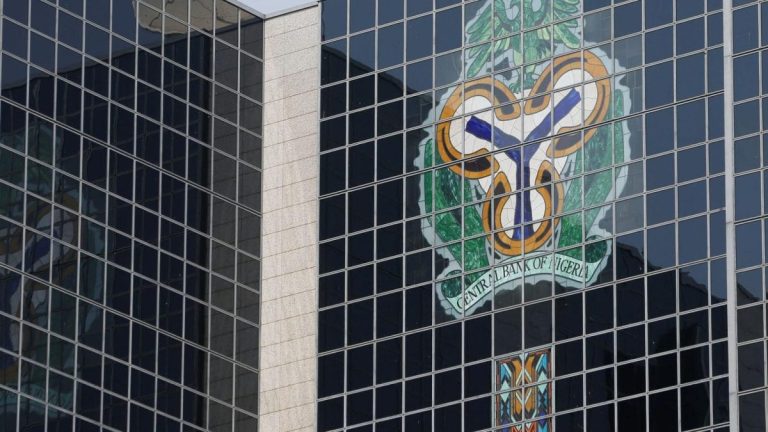CBN mandates all banks to collect, remit 0.5% cybersecurity levy to NSA

The Central Bank of Nigeria, CBN, has asked all banks in Nigeria to collect and remit a 0.5 per cent cyber security levy to the office of the National Security Adviser.
The apex bank disclosed this on Monday in a notice by its directors, Chibuzor Efobi and Haruna Mustafa of Payment System Management and Financial Policy and Regulation Departments.
The bank stated that the deduction and collection of the cyber security levy was sequel to the enactment of the 2024 Cybercrime (prohibition, prevention, etc.) Amendment Act of 2024.
The Act provides for a 0.5 per cent deduction of the value of all electronic transactions to the National Cyber Security Fund, which the office of the National Security Adviser would administer.
Furthermore, the circular noted that the deduction would be described as a cybersecurity levy, and the relevant financial institutions should begin deduction in two weeks following the notice.
“Following the enactment of the Cybercrime (Prohibition, Prevention, etc) (amendment) Act 2024 and under the provision of Section 44 (2)(a) of the Act, a levy of 0.5 per cent (0.005) equivalent to a half per cent of all electronic transactions value by the business specified in the Second Schedule of the Act, is to be remitted to the National Cybersecurity Fund (NCF), which shall be administered by the Office of the National Security Adviser (ONSA).
“Accordingly, all Banks, Other Financial Institutions and Payments Service Providers are hereby required to implement the above provision of the Act as follows:
“Calculate the levy based on the total electronic transfer origination, then deducted and remitted by the financial institution.
“The deducted amount shall be reflected in the customer’s account with the narration: ‘Cybersecurity Levy.
“Penalties for Non-compliance Section 44 (8) of the Act prescribes that failure to remit the levy is an offence and is liable on conviction to a fine of not less than 2 per cent of the annual turnover of the defaulting business, amongst others,” it stated.







